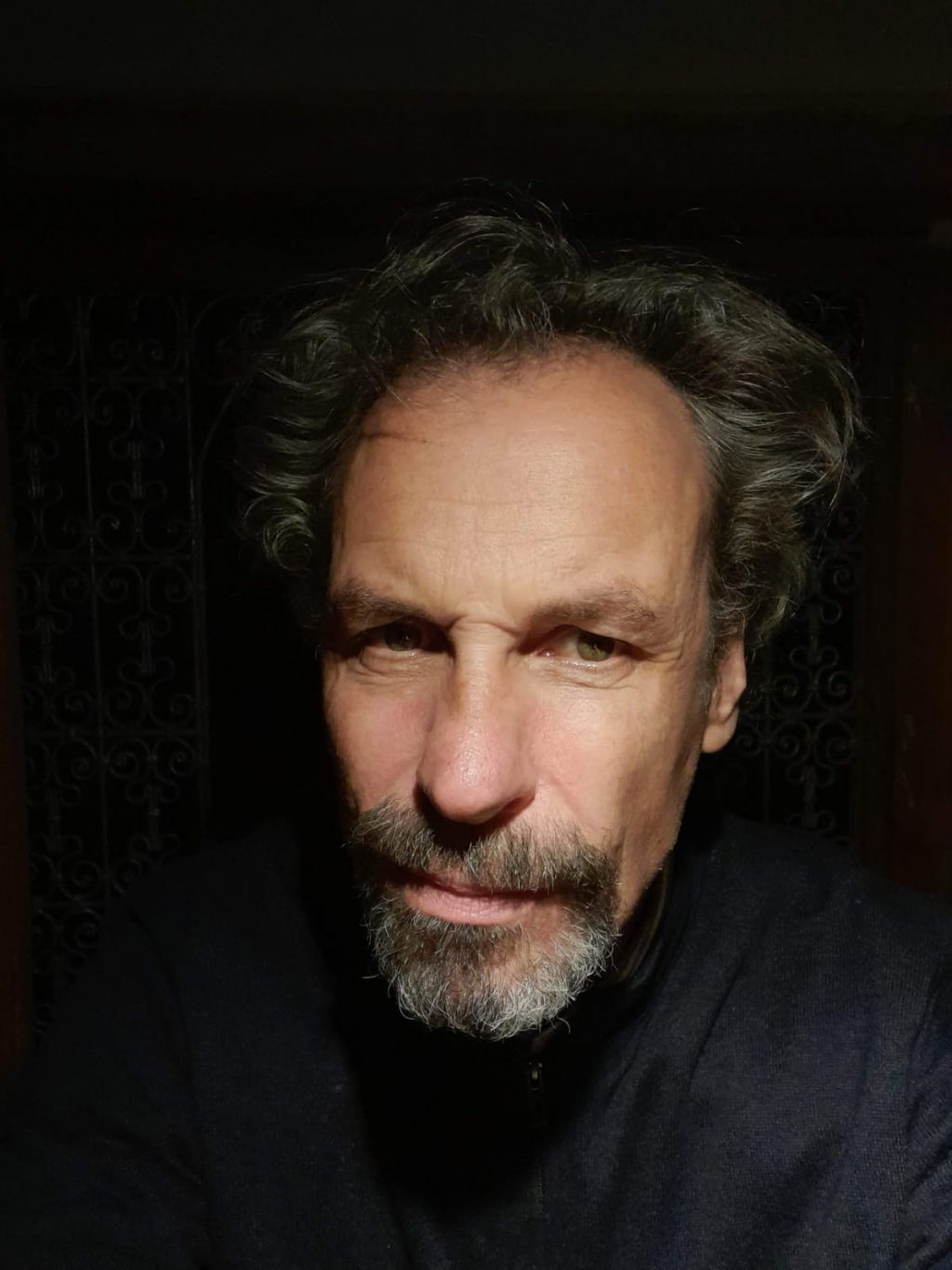Mark Willenbrock: Russian Mercenaries muscle into Mali

Whilst Mali is traditionally seen as a Sahel country, it is interesting to note that Mali’s northern border extends north to within around 300 kilometres of the Moroccan border, with only the porous and desolate northern provinces of Mauritania as a buffer zone. The border between Mali and Algeria is 1,359km long.
Following France’s withdrawal of its huge 3000-strong Operation Barkhane from the Sahel, headquartered in Chad, other Western military units that were part of the United Nations force are also leaving.
Britain’s token force of 300 soldiers are returning home – earlier than planned according to James Heappey, a British Defense Minister.
Germany has up to 1,400 troops in Mali, but the deployment is under threat from political pressure within Germany. Egyptian troops have already left and Sweden has stated it’s commitment to MINUSMA will end by June 2023.
After the successful coup against Mali’s President Boubacar Keita, then the subsequent removal of an interim administration by the Malian military, who will step into this potential power vacuum?
The answer appears to be Russia, with reports that the Wagner Group have a presence of up to 1,000 paramilitaries in Mali. The Wagner Group has allegedly appeared in various theatres of war, including Syria, Ukraine, and Libya. The exact status of the Wagner Group remains obscure, with speculation alleging everything from a private supplier of mercenaries, to a semi-official arm of the Russian military; perhaps the most chilling description of its operatives is as ‘ghost soldiers’.
If reports from Mali are credible, Wagner Group’s methods appear to be brutal compared to the Western peacekeepers; Agence France-Presse report that at least 13 civilians were killed in a joint operation by the Malian military and ‘white soldiers’ – presumed to be Wagner Group – in late October, adding to the previous allegations of a massacre of over 300 men according to Human Rights Watch, both in the troubled town of Mopti in central Mali.
With drought and political instability being traditionally fertile breeding grounds for Islamic extremism, will the mysterious Russians prove to be a more effective counter to terrorism than the UN mission?
Want to chase the pulse of North Africa?
Subscribe to receive our FREE weekly PDF magazine













